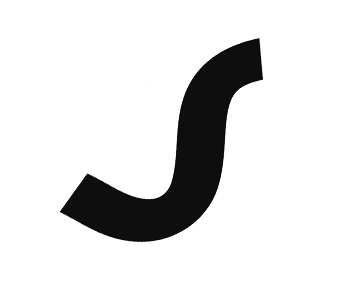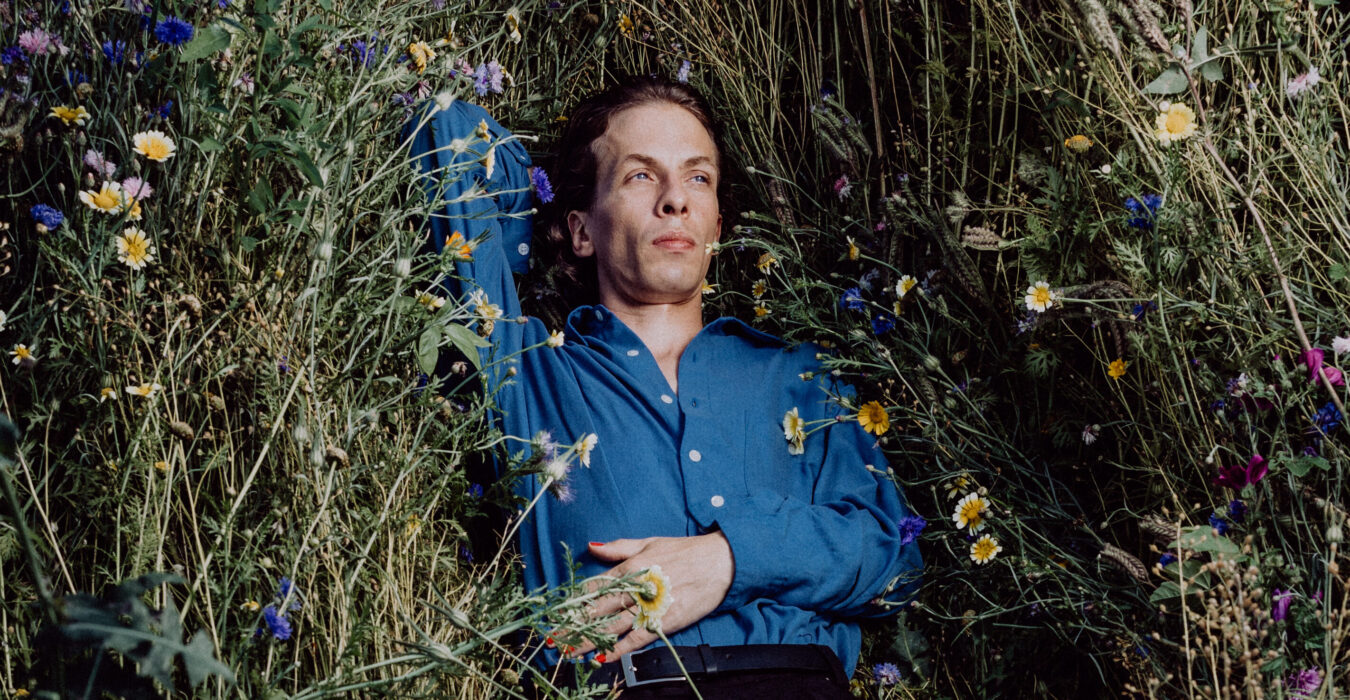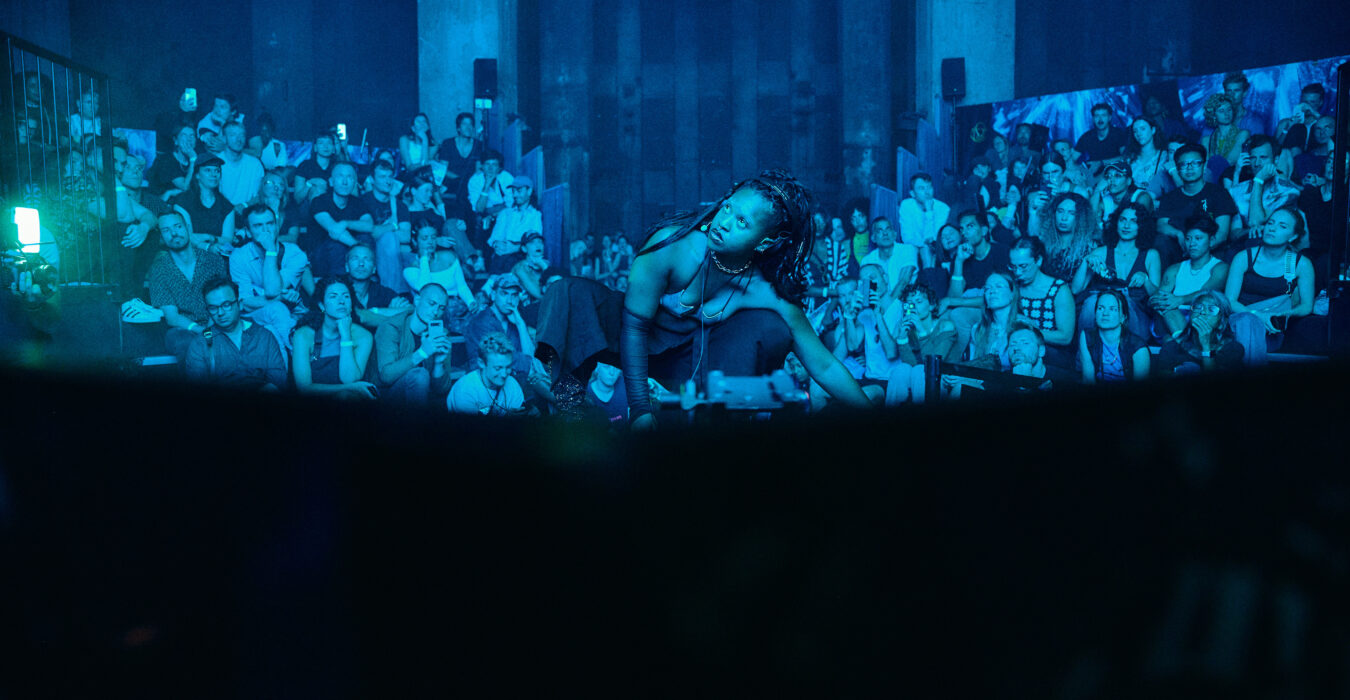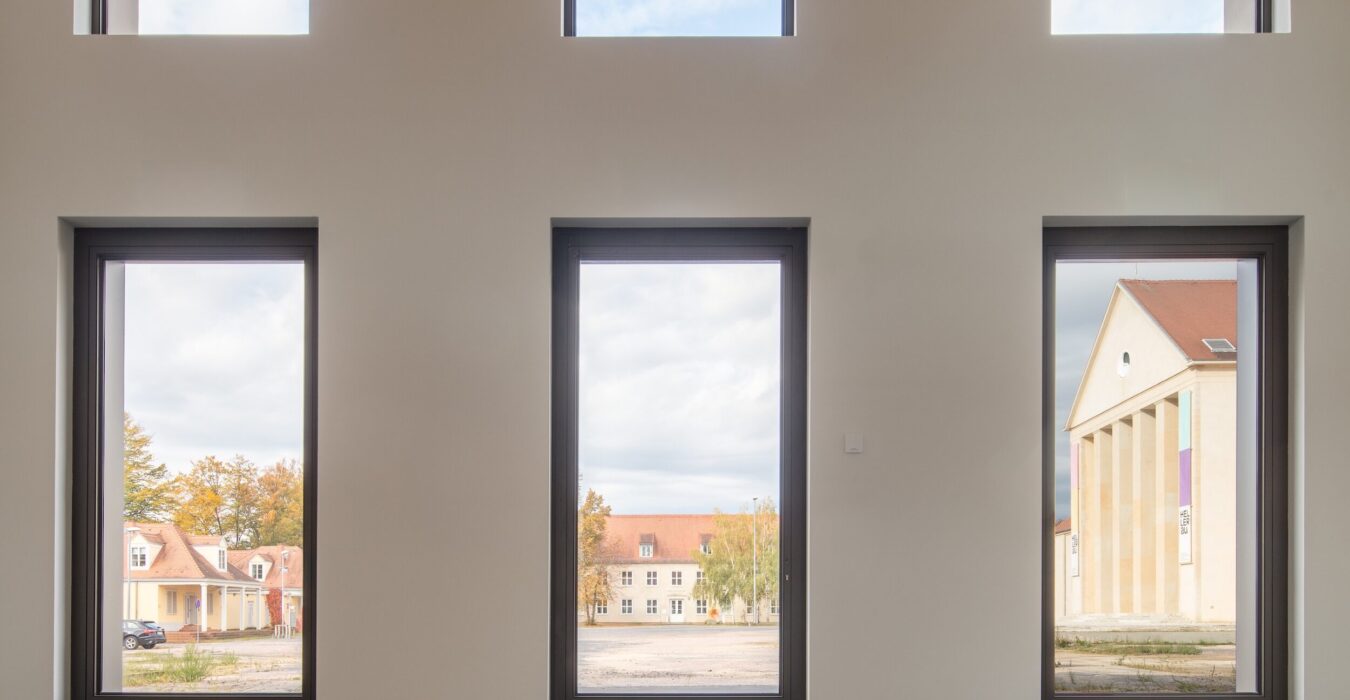Orfeo nell’est – Orpheus im Osten
Friedrich Schenker took his imaginary Orpheus to hell so that he could bring the music of his time with him from there. That this music, which reflected Schenker’s presence in a divided Germany, had not only to be beautiful, but also stirring, desperate, blatant and in any case expressive – this applies to the time of a divided Germany as much as it does to ancient Greece, the Renaissance or our present day. Perhaps in the 30th year of the reunited Germany and Europe the ears are free enough to hear the music(s) of Goldmann, Schenker, Schlünz, Katzer and Herchet for what they are: Masterpieces of their time and ours.
Programm
Annette Schlünz: Nachtschwarz wird das Blau (1990) für Oboe, Posaune, Bratsche, Violoncello, Kontrabass, Klavier und Schlagzeug
Jörg Herchet: Komposition für Flöte solo (I/II) (1972)
Goldmann: So und so (1972) für Englischhorn, Posaune und Kontrabass
Friedrich Schenker: Hades di „Orfeo“ – dramma per musica (1977/78) für Oboe, Englischhorn, Posaune, Schlagwerk, Viola, Violoncello, Kontrabass





